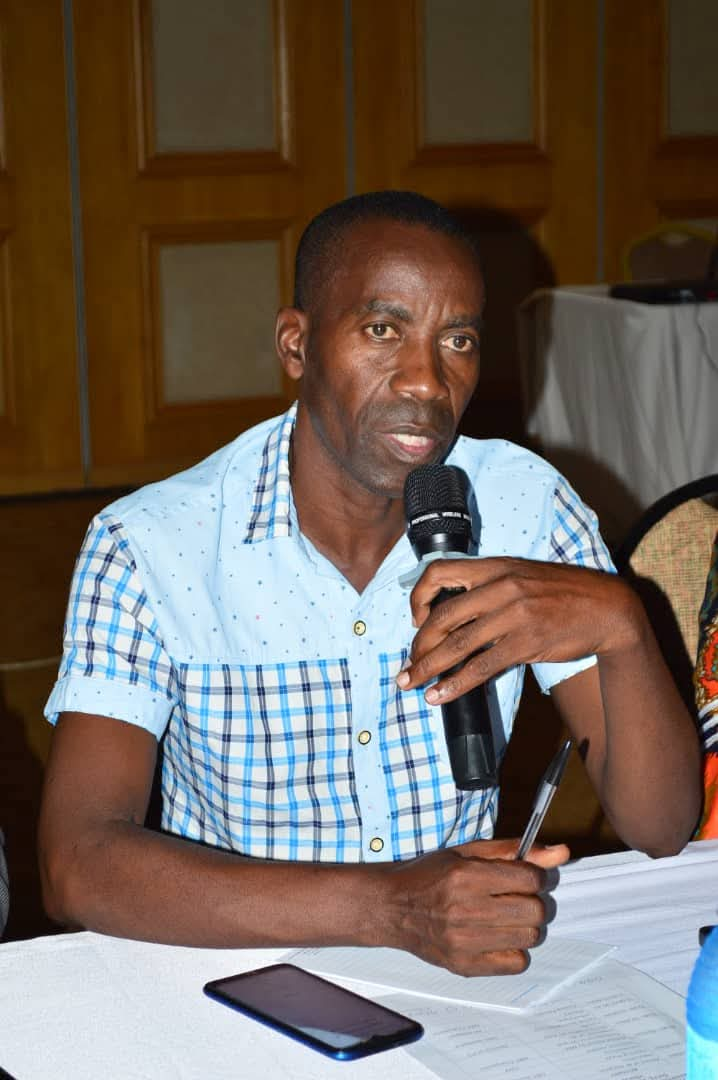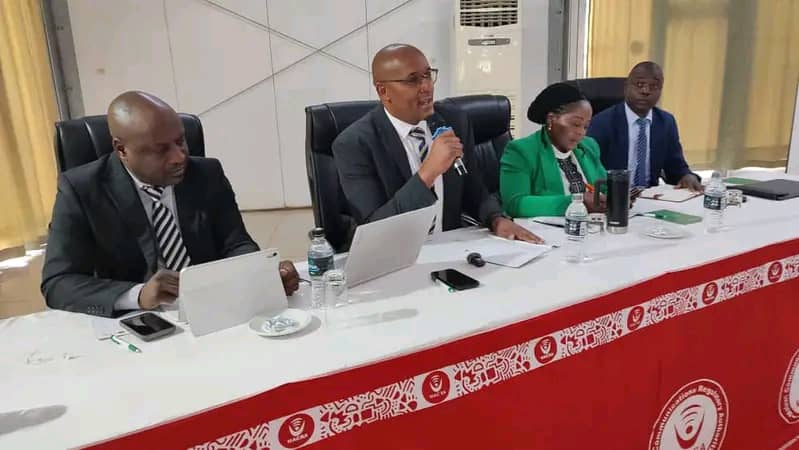By Burnett Munthali
Contrary to the stereotype that persists in some circles, Malawians are not a lazy people; they are, in fact, remarkably hardworking individuals. This dedication is evident in the daily lives of many Malawians, who engage in various forms of labor, often under challenging conditions, to provide for their families and contribute to their communities. However, the systemic challenges posed by the state of governance in the country hinder their efforts and undermine the potential for economic progress.
Malawi is home to a resilient population that prides itself on hard work. From farmers to small business owners, Malawians display an unwavering commitment to their livelihoods. Agriculture remains the backbone of the economy, with the majority of the population engaged in farming activities. These individuals work tirelessly in the fields, often from dawn until dusk, to cultivate crops that sustain their families and contribute to the nation’s food security. This industrious spirit is also visible in the urban centers, where many engage in informal trades and small enterprises to make a living.
Despite this strong work ethic, the Malawian populace faces significant hurdles due to the state of governance. Poor leadership, lack of accountability, and ineffective policy implementation contribute to a challenging environment for economic growth. Many hardworking individuals find their efforts thwarted by bureaucratic inefficiencies, corruption, and a lack of support from the government. This disconnect between the aspirations of the people and the actions of their leaders creates an atmosphere of frustration and disillusionment.
Malawi’s economy is characterized by limited access to resources, credit, and markets, making it difficult for hardworking individuals to thrive. Smallholder farmers, for example, often lack access to quality seeds, fertilizers, and modern farming techniques. This limitation not only hampers productivity but also prevents them from achieving better yields and income. Additionally, many aspiring entrepreneurs face significant barriers to starting and growing their businesses due to inadequate infrastructure, lack of training, and insufficient financial support.
For Malawians to harness their potential fully, government intervention is crucial. Policies that promote economic empowerment, such as access to education, vocational training, and microfinance opportunities, can significantly enhance the capacity of individuals to succeed. Furthermore, the government must prioritize investment in infrastructure, healthcare, and social services to create a conducive environment for growth.
To ensure that the hardworking nature of Malawians translates into tangible economic benefits, accountability within the government is essential. The public must demand transparency and integrity from their leaders to ensure that resources are allocated effectively and equitably. By holding officials accountable, citizens can help foster an environment where hard work is recognized and rewarded.
In conclusion, Malawi is home to a hardworking population whose efforts are often overshadowed by systemic challenges and ineffective governance. The dedication displayed by individuals in various sectors should be celebrated and supported by the government through targeted policies and investment in infrastructure and resources. By addressing these challenges, Malawi can create a thriving environment where hard work translates into prosperity, allowing its citizens to realize their full potential. Malawians are not lazy; they are determined and resilient individuals deserving of opportunities that enable them to succeed and contribute to the nation’s growth.




